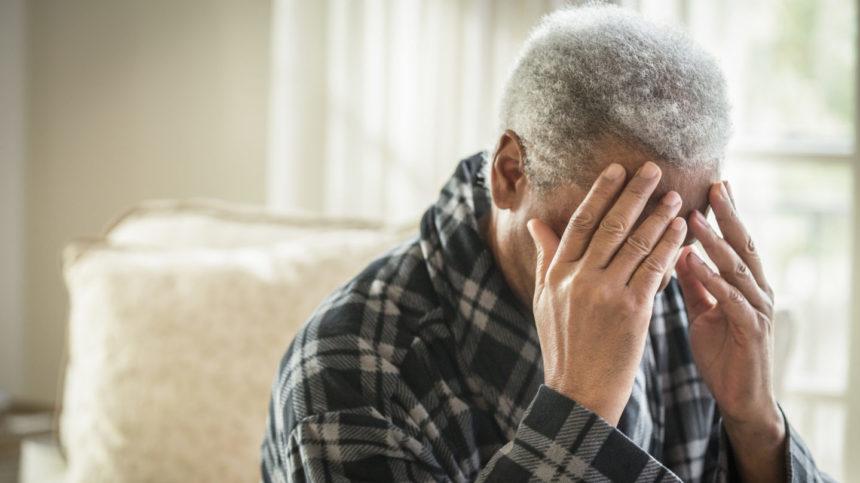
Older adults have shown resilience during the COVID-19 pandemic when compared to their younger counterparts. But a new poll shows that mental health screening remains advisable in this population.
More than 2,000 poll respondents aged 50–80 years were asked to report their health status when compared to before the pandemic, and to rate their overall mental health, sleep, depression and anxiety.
Although most reported no change in their mental health, 20% of respondents said that their mental health was worse during the pandemic. A total of 19% reported worse sleep, 19% had worse depression and 28% said they were experiencing worse anxiety, reported Lauren B. Gerlach D.O., a geriatric psychiatrist at the University of Michigan.
Nearly 30% of respondents had made a lifestyle change to address these problems. This action was more common among female, non-Hispanic Black and Hispanic respondents, Gerlach and colleagues noted. In addition, approximately 13% of respondents said they had discussed a new mental health concern with their primary care provider, fully 5% of respondents had begun seeing a mental health provider, and 6% reported adjusting and/or starting a new medication to address mental health concerns.
Some seniors may be more susceptible
Worsened mental health was more likely to be reported by women aged between 50 to 64 years old, respondents with higher levels of education and those who rated their health as fair or poor. Notably, adults aged 65 and older showed relatively greater resistance to mental health troubles in comparison with their younger senior cohort, even when employment status was accounted for.
Given the overall increases in mental health issues, screening for symptoms and ensuring accessible treatment — including via telehealth — are “essential,” despite pandemic improvements, the study authors said.
“Such treatment will be needed to help mitigate long-term emotional and physical effects of mental health symptoms during the pandemic and to restore functioning and quality of life for older adults,” they concluded.
Data was drawn from the University of Michigan National Poll on Health Aging.



